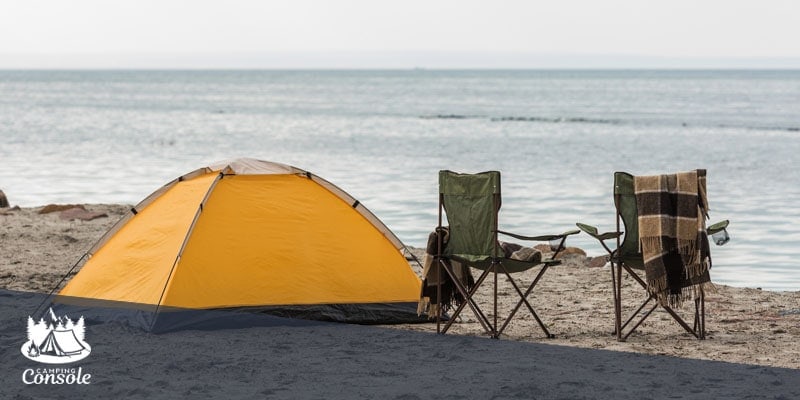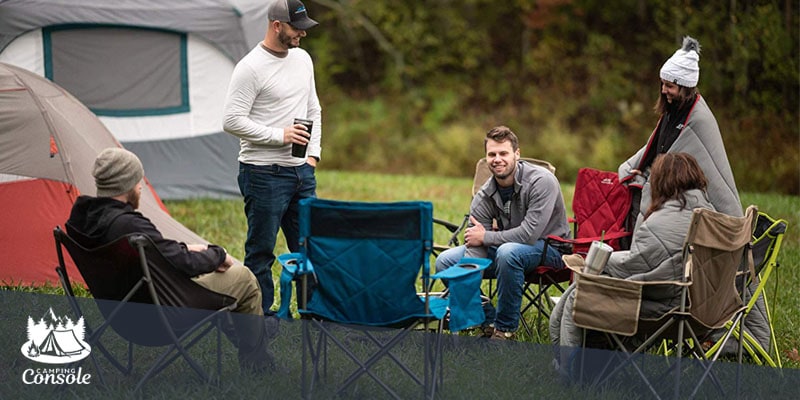When it comes to painting a large surface like the ceiling or the walls of your bedroom, it can be hard to know where to start. Read this blog article for 4 tips about painting large surfaces in which to use as a form of respite!

1: Preparation
If you are planning on painting a large surface area, it is important to take the time to properly prepare the area beforehand. This will ensure that your paint job turns out looking its best. The first step is to remove any existing paint from the surface. This can be done by sanding down the area or using a paint stripper. If there are any areas of the surface that are particularly damaged, you may want to repair these before painting.
Next, you will need to clean the surface thoroughly. This will remove any dirt or debris that could potentially interfere with the paint job. Once the surface is clean, you can apply a primer. A primer will help to ensure that the paint adheres to the surface evenly. It will also help to create a smooth finish. Once the primer is dry, you can begin painting. When painting a large surface area, it is best to use a roller. This will allow you to cover a larger area more quickly and evenly than if you were painting with a brush. Be sure to start from the top and work your way down so that any drips are less likely to occur.
2: Blocking
If you’re painting a large surface, it’s important to use the right techniques to get even coverage. If you want your paint job to look as good as the one from many awesome commercial painters, use a technique called blocking. Blocking means going over the entire surface with an aggressive brush stroke. Start by using a wide brush and making long, sweeping strokes. Work in one direction only and make sure that each stroke overlaps the previous one. Block in all the areas that you want to paint, then go back over and fill in any areas that you missed. This will give you a nice, even base to start from.
3: Wetspreading
Wetspreading is a great way to paint large surfaces quickly and easily. Here are a few tips to help you get the best results:
- Use a large paint roller for best results.
- Wet the surface before beginning to paint. This will help the paint to spread evenly.
- Apply a thin layer of paint to the surface. This will help to prevent streaking.
- Move the roller in a consistent back and forth motion.
- Allow the first coat of paint to dry completely before applying a second coat.

4: Covering Large Areas
When you are painting a large area, it is important to use the right tools and techniques to get the job done efficiently. Here are some tips to help you out:
- Use a roller: Using a roller is much faster than painting with a brush, and it will give you a more even finish.
- Use a drop cloth: A drop cloth will protect your floor or furniture from paint spills.
- Use painter’s tape: Painter’s tape is great for creating straight lines and avoiding paint splatters.
- Use a primer: A primer will help your paint to adhere to the surface better and give you a more even finish.
Bonus Tip 5: Let The Paint Dry, Then Cut The Tape For A Perfect Edge
If you’re painting a large surface, like a wall or a piece of furniture, it’s important to get a perfect edge where the paint meets the surface that you don’t want to paint. One way to do this is to use painter’s tape. After you’ve applied the painter’s tape, wait for the paint to dry completely. Then, carefully remove the tape. You should see a perfect line where the paint stops. If you want an extra-clean line, you can also run a Stanley knife or another sharp object along the edge of the tape before you remove it. This will ensure that any paint that has seeped under the tape is cut away, giving you a crisp, clean line.
We hope you found our tips on painting large surfaces useful! Whether you’re painting a room in your home or tackling a commercial project, these tips will help you get the job done quickly and efficiently. And, most importantly, they’ll help you avoid any disastrous mistakes that could ruin your paint job. So next time you’re ready to tackle a big painting project, keep these tips in mind and you’ll be sure to have success.









Add comment